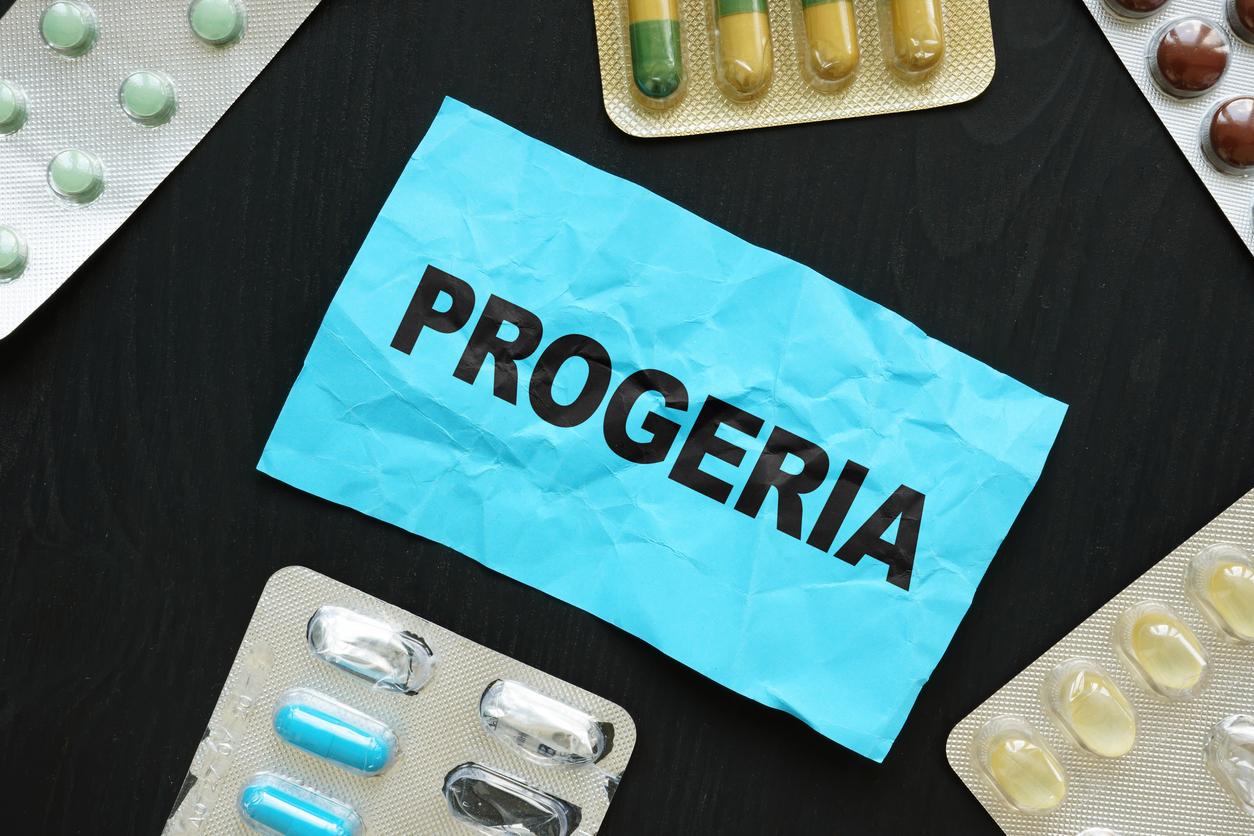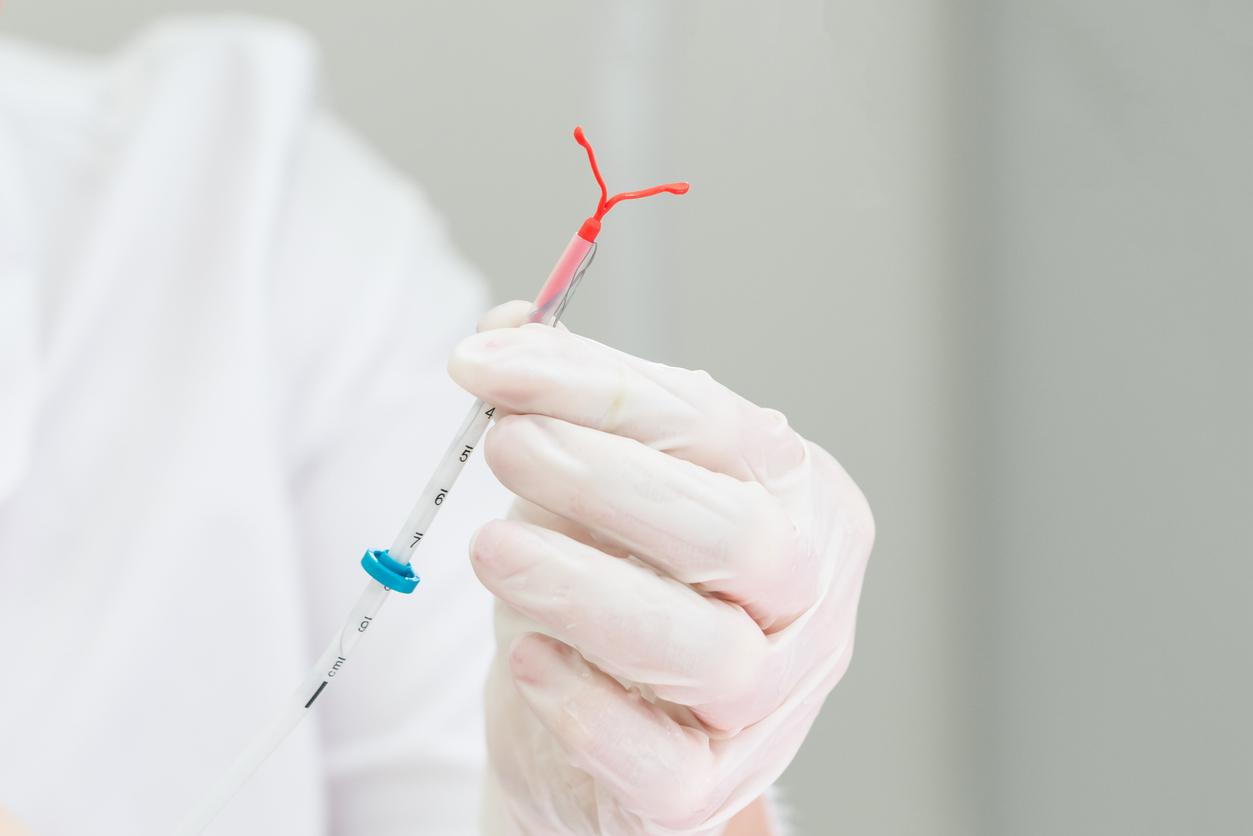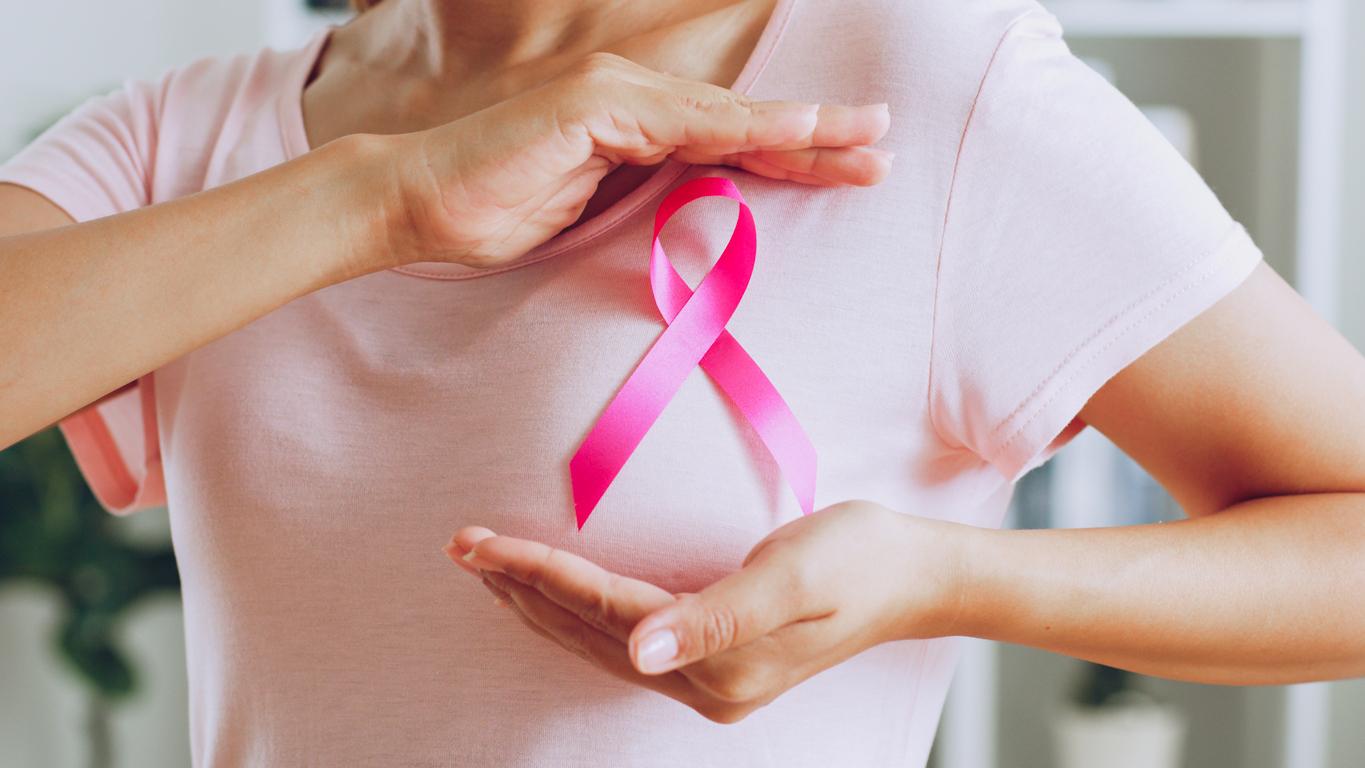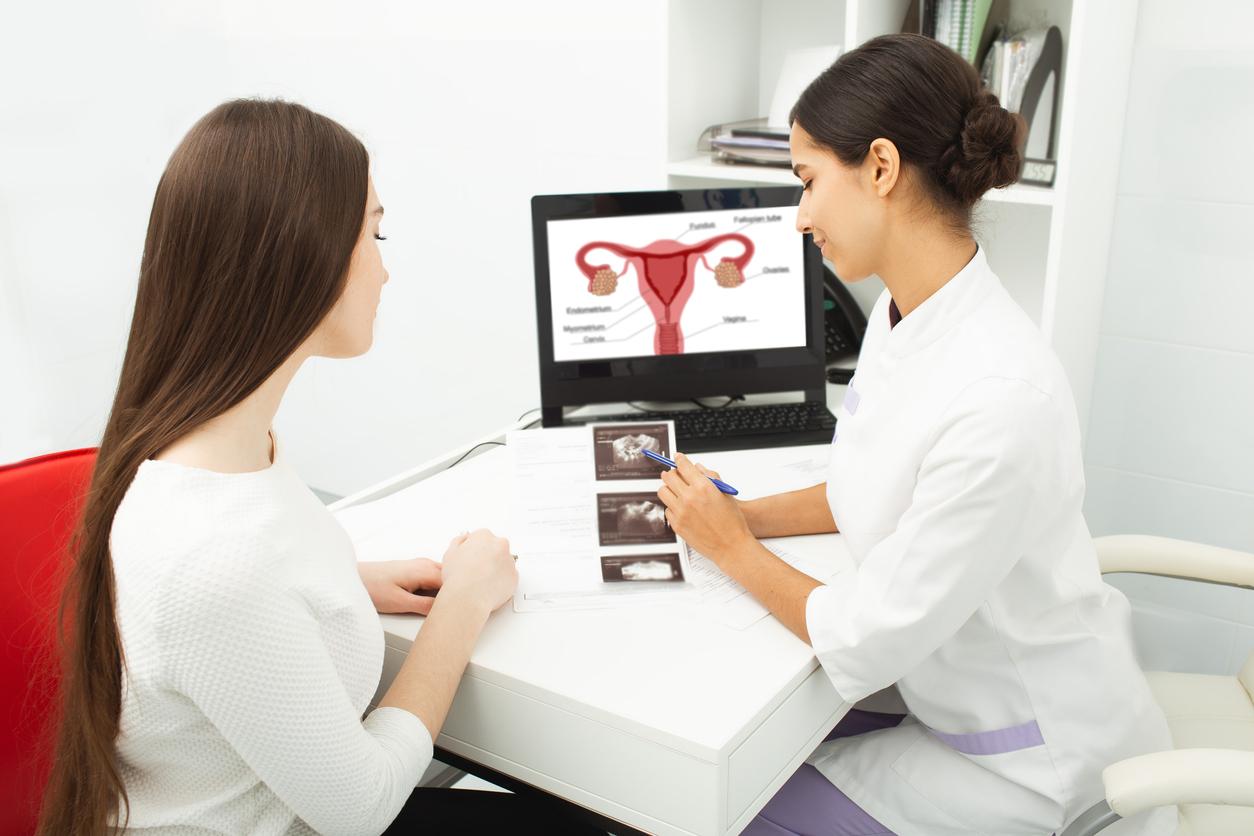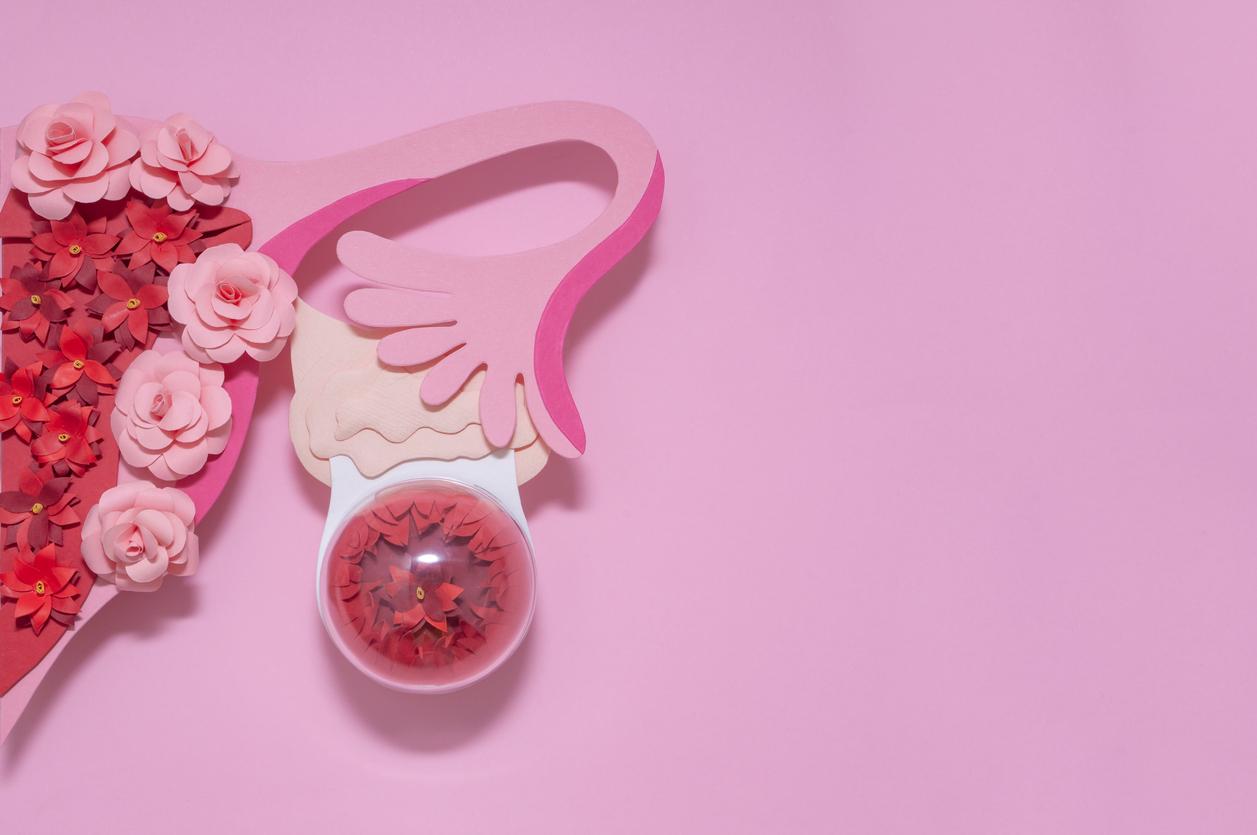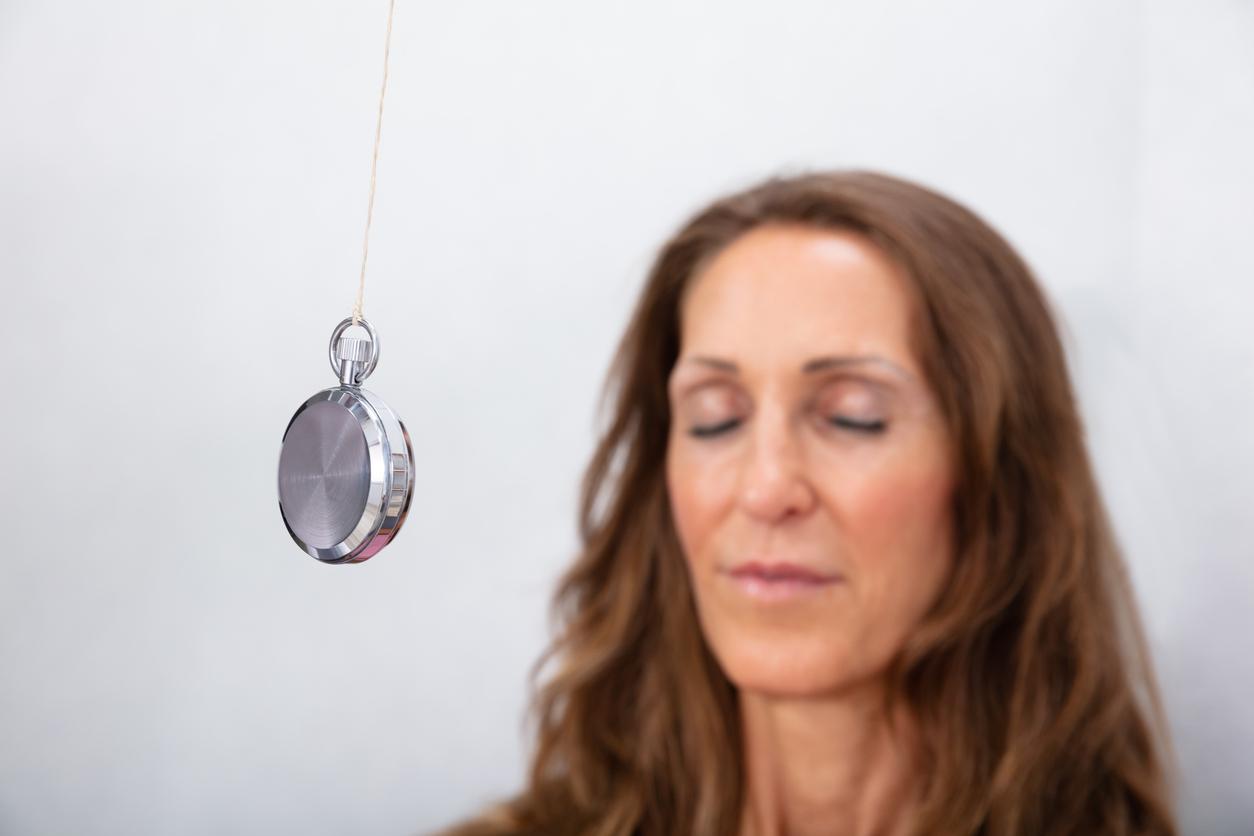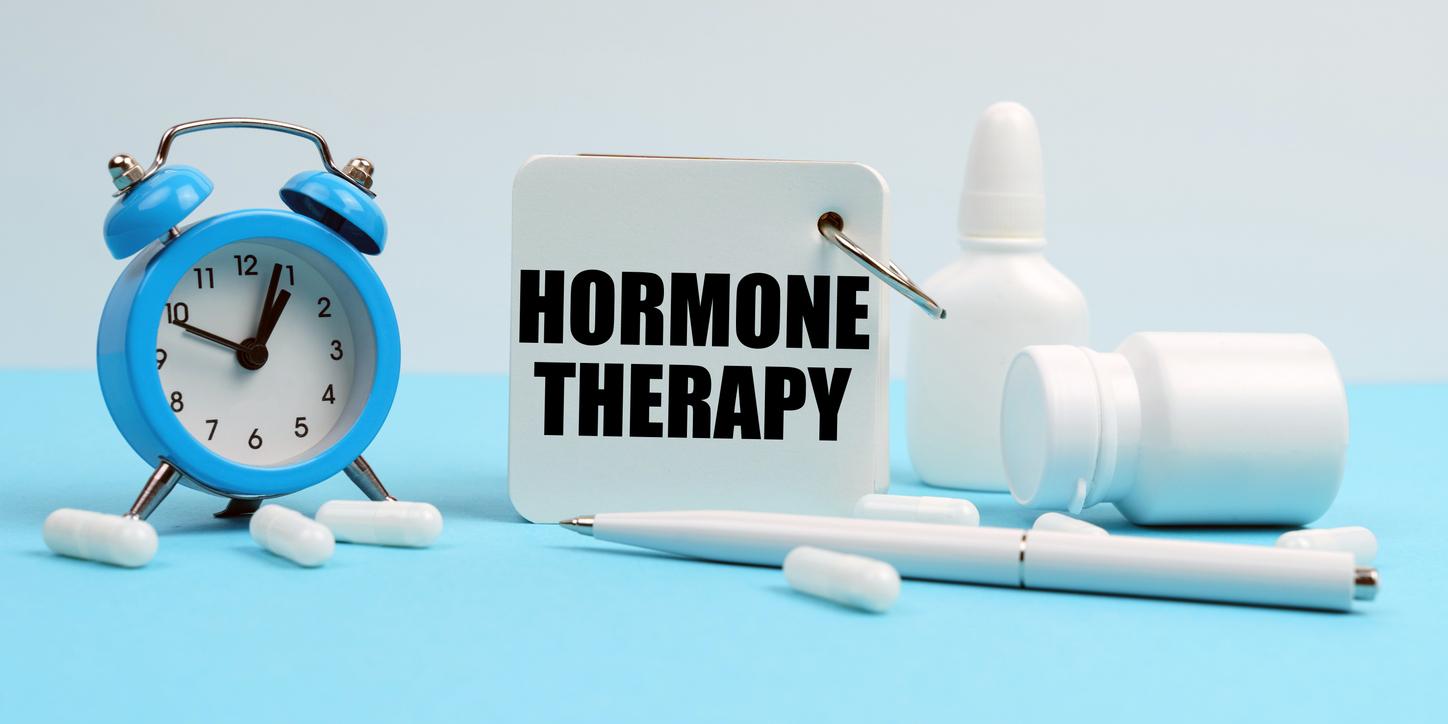Weight gain linked to increased appetite due to hormonal treatments for menopause may be limited.
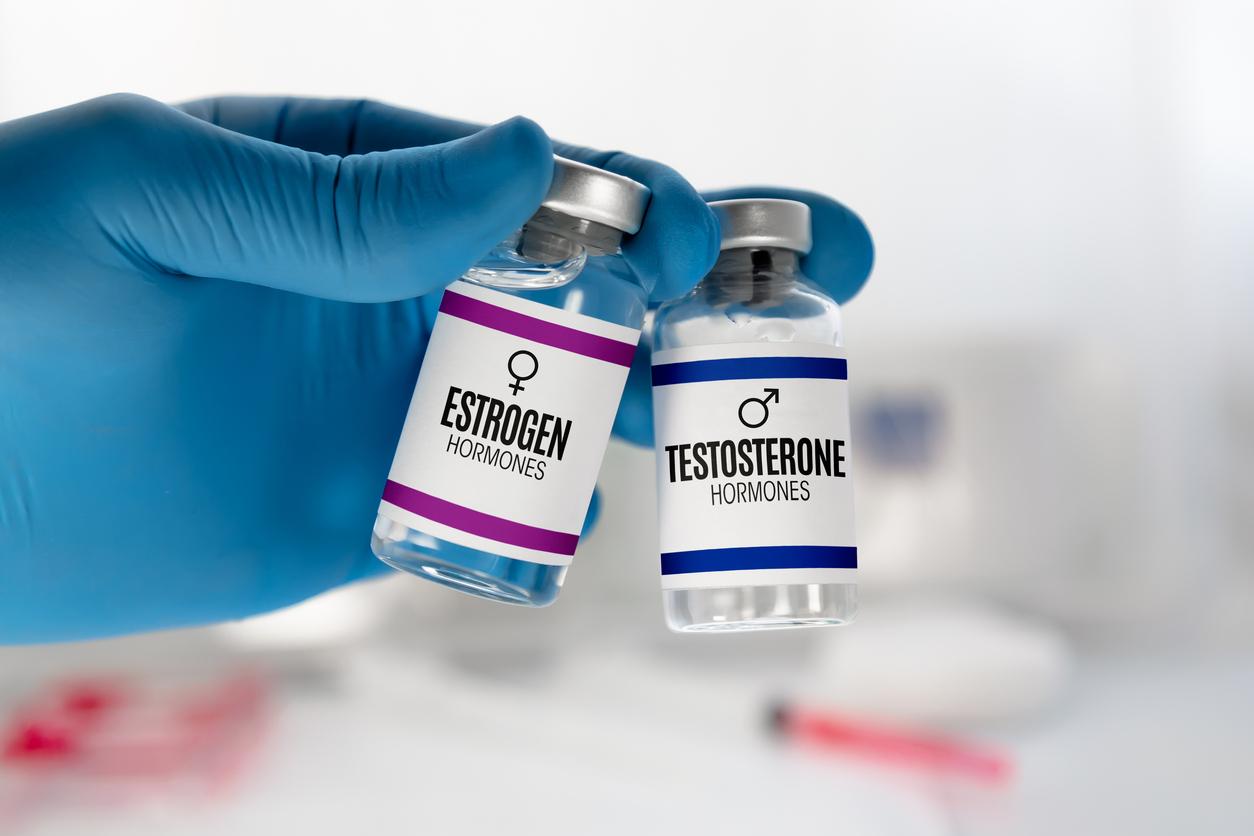
- Hormone replacement therapy (HRT) aims to reduce the various symptoms of menopause, such as night sweating, joint pain and even hot flashes.
- Certain hormonal treatments can increase appetite and therefore promote weight gain.
- To limit it, it is recommended to eat healthily, engage in physical activity and talk to your doctor.
While one in two menopausal women took hormonal treatment in 2000, there were less than 6% in 2022, according to a study relayed by the National Institute of Health and Medical Research (Inserm). This hormonal treatment – called hormone replacement therapy (HRT) – aims to reduce the various symptoms of menopause, such as night sweating, joint pain and even hot flashes.
Increased appetite with menopausal hormone treatment
The principle is to replace the two hormones whose production stops with menopause, that is to say estrogen and progesterone. According to the National Cancer Institutethere are three types of THM: those based on estrogens alone, those based on progesterone or dydrogesterone, and those based on a progestogen other than progesterone.
“A well-balanced hormonal treatment does not lead to weight gain as confirmed by several scientific studies, can we read on the website of Toulouse University Hospital. However, some women who receive hormonal treatment after menopause complain of an increase in weight which is most often explainable by causes unrelated to the treatment, such as a diet not adapted to their real needs and a reduction in physical activity. . Certain progesterone derivatives (progestins) may increase appetite.”
Hormonal treatment: adiet and sport to lose weight
If you notice weight gain linked to taking hormonal treatment, you should speak to your prescribing doctor. This person will be able to adapt your treatment as best as possible, to limit the feeling of appetite.
To lose weight or limit weight gain, it is recommended to take care of your lifestyle. Diet is the first point to pay attention to. It is recommended to eat a balanced diet, in reasonable quantities, without snacking and to avoid processed foods.
A person’s daily calorie balance must be close to zero to avoid gaining weight. In other words, the body must use up all the calories it receives from eating. To lose weight, this scale must be slightly negative but, above all, do not starve yourself and do not establish your diet program alone, talk to your doctor.
Finally, last tip: do regular physical activity. “Regular exercise is a way to reduce perimenopausal symptoms, maintain good physical condition, prevent a decrease in muscle mass and bone loss, according to health insurance. Sedentary behaviors should be avoided.”




